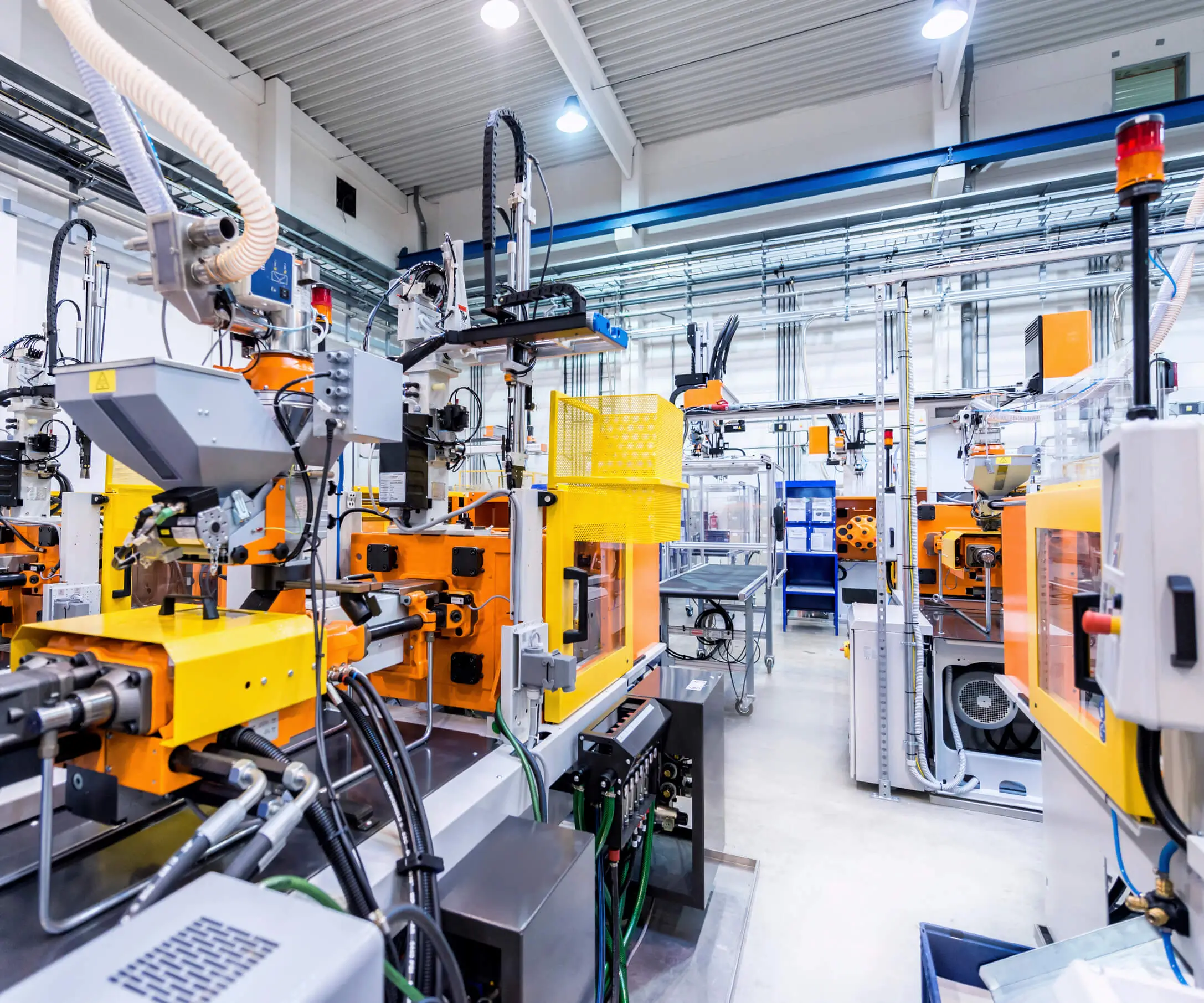Unlocking Precision and Power: A Deep Dive into DC Servo Motor Controllers
In the realm of automation, robotics, and precision machinery, the importance of reliable, accurate, and efficient motor control cannot be overstated. Among the various types of motors employed across different sectors, DC servo motors stand out for their exceptional ability to provide precise positioning, speed regulation, and torque control. Central to maximizing these capabilities is the DC servo motor controller—a sophisticated piece of technology that has transformed industrial applications, from manufacturing lines to advanced robotics.

What is a DC Servo Motor Controller?
At its core, a DC servo motor controller is an electronic device designed to regulate the operation of a DC servo motor. Unlike basic motor drivers that only provide ON/OFF power, servo controllers offer nuanced control over motor speed, direction, and position, often incorporating feedback systems that enable real-time adjustments. This tight control loop ensures the motor's output matches precise requirements, making it a vital component in applications demanding high accuracy.
The primary functions of a DC servo motor controller include:
Voltage regulation to control motor speed. Signal processing from encoders or potentiometers for position feedback. PID (Proportional-Integral-Derivative) control algorithms to maintain desired motor states. Safety features such as overload protection, thermal shutdown, and fault detection.
The Anatomy of a DC Servo Motor System
A typical DC servo system comprises three core parts:
DC Servo Motor: The actuator responsible for producing motion. Feedback Device: Usually an encoder or resolver that provides position or speed data. Servo Controller: The brain that interprets feedback and adjusts the power sent to the motor.
This synergy allows for precise closed-loop control—where the system continuously monitors the motor’s actual position and adjusts the input signals to keep it aligned with the target.
Core Features of Modern DC Servo Motor Controllers
Advancements in electronics have paved the way for highly sophisticated servo controllers, equipping them with features that enhance performance:
Digital Control: Many controllers are now digital, offering programmability and integration with intelligent systems via communication protocols such as EtherCAT, CANbus, or Ethernet/IP. High Resolution Feedback: Encoders with high counts per revolution provide detailed positional data, enabling finer control. Multiple Control Modes: Position mode, speed mode, or torque mode allow the controller to adapt to various operational needs. Ease of Tuning: Built-in auto-tuning functions simplify setup, ensuring optimal servo response without extensive manual configuring. Compact and Modular Design: Integration-friendly designs facilitate easy installation in complex machinery.
Why Choose a DC Servo Motor Controller?
The advantages are compelling:
Exceptional precision in motion control. Reliable, repeatable performance in demanding environments. Enhanced system flexibility with programmable parameters. Reduced wear and tear on mechanical components due to smoother operation. Energy efficiency by optimizing power delivery.
Typical Applications in Industry
DC servo motor controllers are foundational in fields that demand high control accuracy:
Industrial Automation: Robotic arms and conveyor systems. CNC Machinery: Precise tool positioning. Aerospace: Surface control surfaces or satellite positioning systems. Automotive Testing: Simulating real-world driving conditions. Printing and Packaging: Consistent speed and position control to ensure quality.
Challenges and Considerations
Despite their advantages, selecting the right DC servo controller involves weighing several factors:
Voltage and Current Ratings: Ensuring compatibility with motor specifications. Control Resolution and Response Time: Matching system requirements. Communication Protocols: Compatibility with existing hardware. Environmental Conditions: Operating temperature, vibration, and dust resistance.
Designing an integrated system requires a thorough understanding of both the mechanical loads and the dynamics within the control loop.
Kpower has delivered professional drive system solutions to over 500 enterprise clients globally with products covering various fields such as Smart Home Systems, Automatic Electronics, Robotics, Precision Agriculture, Drones, and Industrial Automation.




































